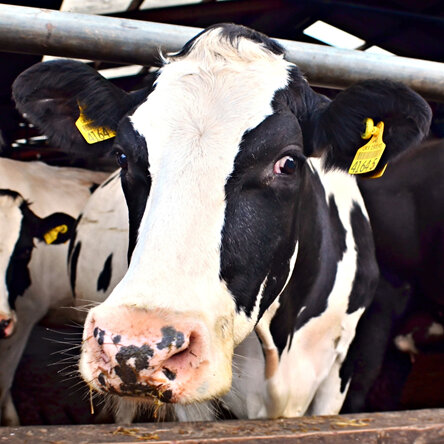Franklin Vets
Franklin Vets - excellence in veterinary care for dairy, farming, lifestyle, equine and household pets. BESTPRACTICE ACCREDITED NZ.
Your account is powered by Storbie. To edit your profile visit my.storbie.com
Your account is powered by Storbie. To edit your profile visit my.storbie.com

For many of our clients a successful mating plan will include vaccinating either the herd, heifers, or both, against the BVD virus at the right time to protect against the significant negative impacts a BVD infection can have on conception and pregnancy.
A BVD infection during mating or pregnancy can cause:
BVD infections are common both globally and in NZ; we see evidence of infections in herds and identify PI animals on multiple properties throughout our practice every year. Many PI animals look like the ‘textbook’ virus carrier and stand out as ill-thrifty sickly animals, however many others can look quite normal.
While you may not have any of these animals in your herd there are many instances in which cow- interactions will occur on your properties that we cannot prevent. If nose-to-nose interactions between your cows and cows from other properties can occur either at home, on run-offs or at grazing then your herd is at risk from BVD. This risk is particularly high for our heifers away at grazing when young stock from multiple farms are reared on a single property.
When we cannot prevent interactions with other cattle, the only option to maintain our herd's biosecurity is vaccination. If any of the scenarios above apply to your herd, or you have concerns about your herd’s BVD risk, speak to your vet about completing a BVD risk assessment for your herd and decide whether vaccination needs to be part of your mating plan this season.
Dr Dan Fitzharris, BVSc - Farm Vet at Waiuku.
Franklin Vets - excellence in veterinary care for dairy, farming, lifestyle, equine and household pets. BESTPRACTICE ACCREDITED NZ.



